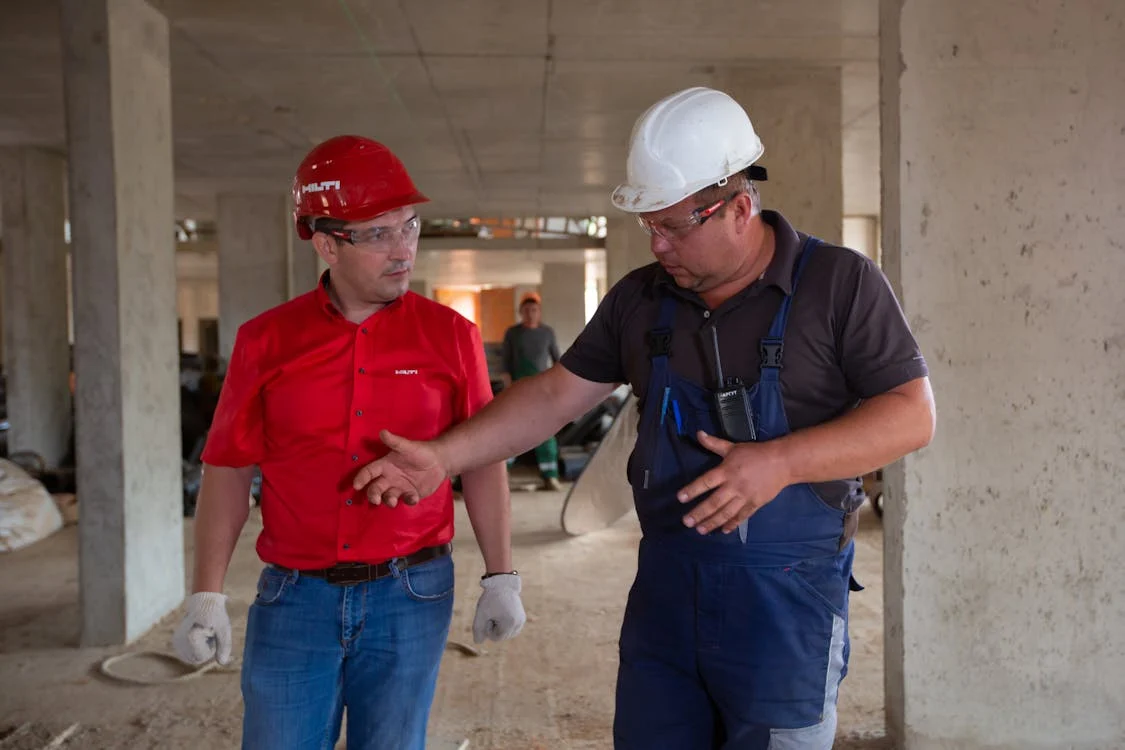1. Define Your Project Needs and Budget
Before you start looking for a contractor, clearly define the scope of your project and establish a budget. Knowing exactly what you want and how much you can spend will help you find a contractor who can meet your requirements.
2. Research Potential Contractors
Start by researching contractors in your area. Look for those with experience in projects similar to yours. You can find potential contractors through online directories, recommendations from friends and family, or by visiting local construction sites.
3. Check Credentials and References
Verify that the contractors you’re considering are licensed and insured. This protects you from liability in case of accidents or damages. Additionally, ask for references and follow up with past clients to get an idea of the contractor’s work quality and reliability.
4. Request Multiple Bids
Obtain bids from at least three different contractors. This will give you a better understanding of the market rate for your project and help you identify any outliers. Be cautious of bids that are significantly lower than others, as they may indicate subpar work or hidden costs.
5. Interview Contractors
Schedule meetings with the contractors to discuss your project in detail. Ask about their experience, approach to the project, and how they handle unexpected issues. This is also a good time to gauge their communication skills and professionalism.
6. Review Portfolios and Past Work
Examine the contractor’s portfolio to see examples of their previous work. Look for projects similar to yours and assess the quality of their craftsmanship. Visiting completed projects in person, if possible, can provide additional insights.
7. Check for Trade Association Memberships
Membership in trade associations can be a sign of a contractor’s commitment to their profession and adherence to industry standards. It also indicates that they stay updated with the latest trends and best practices in construction.
8. Evaluate Health and Safety Policies
Ensure that the contractor prioritizes health and safety on the job site. Ask about their safety protocols, training programs, and how they handle accidents or emergencies. A contractor with a strong safety record is likely to be more reliable and professional.
9. Negotiate a Detailed Contract
Once you’ve chosen a contractor, negotiate a detailed contract that outlines the scope of work, timeline, payment schedule, and any other important terms. Make sure everything is in writing to avoid misunderstandings later on.
10. Monitor the Project Progress
Stay involved throughout the construction process. Regularly check in with the contractor to ensure the project is on track and address any issues promptly. Clear communication and active participation can help prevent delays and ensure the project meets your expectations.
Conclusion
Choosing the right contractor requires careful consideration and due diligence. By following these steps, you can find a contractor who is not only skilled and reliable but also a good fit for your specific project needs. Taking the time to make an informed decision will pay off in the long run, resulting in a successful and stress-free construction experience.

